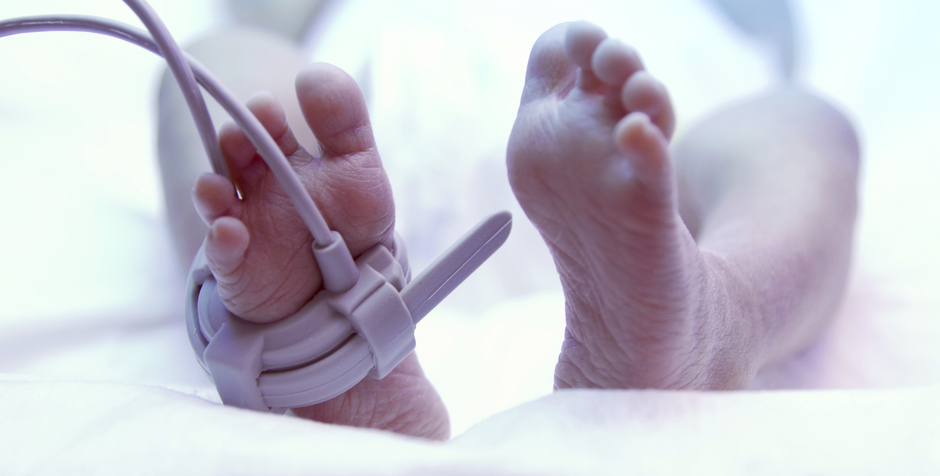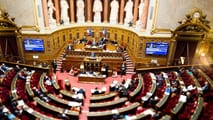Every year, children are born alive at the time of the abortion procedure after the 20th week of pregnancy in Europe. They are, most often, abandoned to die without care, struggling to breathe, sometimes for several hours, or they are killed by the lethal injection or suffocation, then thrown away with organic waste.
On the 19th of November, the day before the International Day for the Rights of Children, the Commissioner for Human Rights to the Council of Europe made it known that he believes that the practice of infanticide is not within his competence and refuses to meet NGOs eager to inform him on this subject. On July, le Committee of Ministers could not rule on this topic either. The ECLJ calls on the Parliamentary Assembly.
On the first of November, four non-governmental organisations (the International Catholic Child Bureau, the World Union of Catholic Women’s Organisations, the Federation of Catholic Family Associations in Europe and the European Centre for Law and Justice) requested to meet with Mr Nils Muižnieks, the Commissioner for Human Rights for the Council of Europe, in order to present him with a document exposing the fate of children born alive after an abortion.
The facts are attested by the official data and testimonies of midwives. One study published in the British Journal of Obstetrics and Gynaecology has concluded that at 23 weeks of pregnancy, the level of children surviving abortion is at 10%.
To leave some of them to die without treatment, or killing them, simply because they are not wanted is inhuman. This is why these NGOs wanted to meet with the Commissioner to inform him of these practices at to ask him to reaffirm that all human beings born living have the same right to live and should benefit from appropriate and necessary treatment and care, without discrimination based on the circumstances of their birth, in accordance with human rights.
But the Commissioner refused to receive these NGOs, holding that his mandate does not cover those questions”. However, on the 15th of January, he had taken a public and good position against sex selective abortion, asking for its criminal prohibition. Additionally the International Convention on the Rights of the Child, which is celebrating its 25th year, recalls that “the child, by reason of his physical and mental immaturity, needs special safeguards and care, including appropriate legal protection, before as well as after birth.”
Already last July, following a question raised by a parliamentarian, the Committee of Ministers of the Council of Europe, which gathers the governments of the 47 Member Sates, has not succeeded in reaching an agreement on the measures to take “to guarantee that foetuses who survive abortions are not deprived from the medical treatment that they are entitled to -as human persons born alive- according to the European Convention on Human Rights?”. Some governments, by fear of questioning late abortions, refused recognising publically that these newborns have rights.
The refusal of the Commissioner for Human Rights and the incapacity of the Committee of Ministers to affirm that all newborns have the right to life and to medical care is shocking; it demonstrates a tacit consent to infanticide and to inhuman treatments.
The Parliamentary Assembly of the Council of Europe remains. It could have the courage to face this issue and to compensate for the shortcomings of the Commissioner and the Committee of Ministers.
To this end, the ECLJ will officially bring this issue to the Parliamentary Assembly, according to the official procedure of petition, (rule 65 of the Rule of Procedure of the Assembly). This procedure allows each citizen to request the President and the Bureau of the PACE to insert an item in the Agenda.
In order to give weight to this request before the Assembly, the ECLJ invites anyone to associate themselves with this petition by including their details on the following page.
We ask you to join this petition in order to denounce and to put an end to these inhumane practices.















